Suan Dusit University (SDU), Trang Education Center, integrates experiential learning and research-based practice to strengthen student engagement in biodiversity conservation and sustainable ecosystem management, particularly within Thailand’s coastal and marine environments. The initiative demonstrates the university’s commitment to working directly with external agencies and local communities to protect ecosystems under threat while fostering academic inquiry and civic responsibility among students.
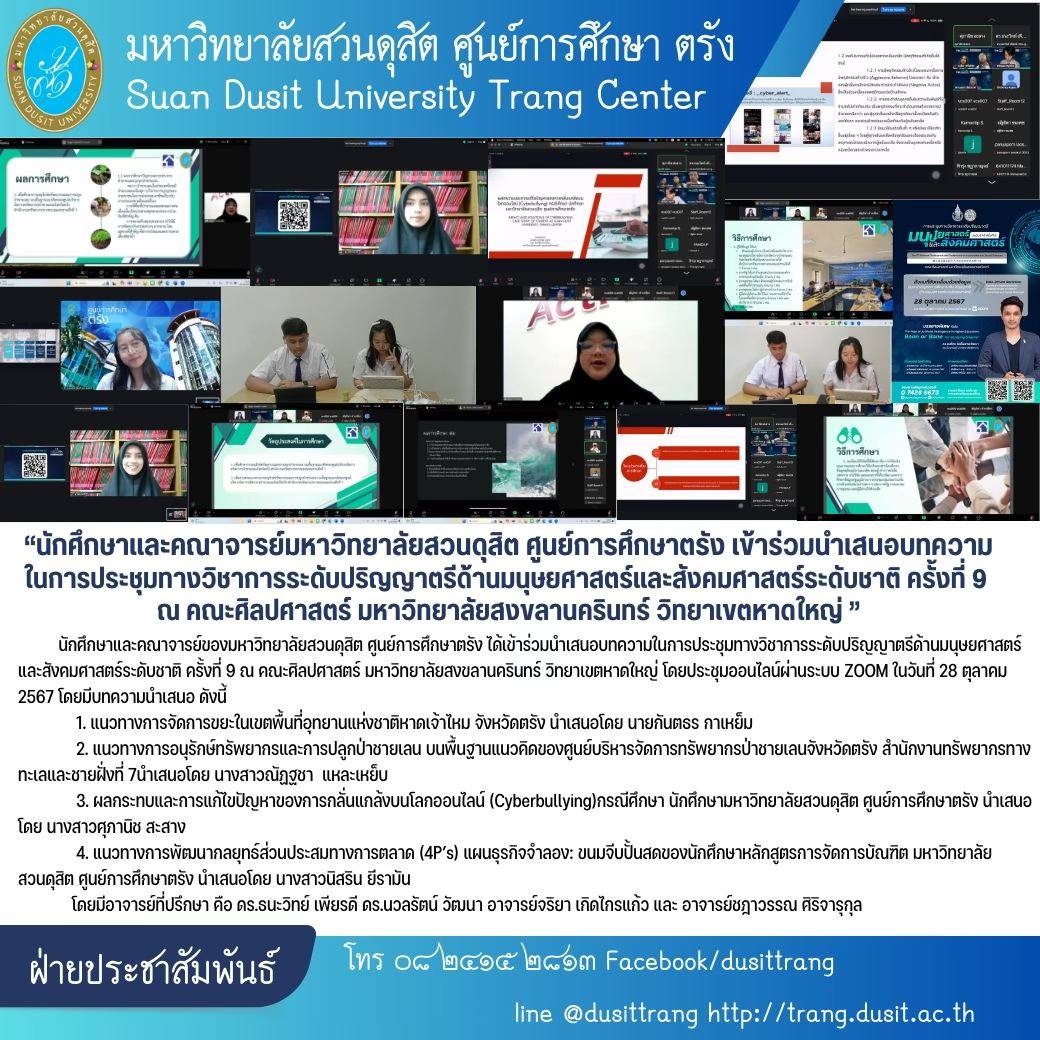
In 2024, SDU faculty members and students from the Program in Culinary and Service Technology were selected to present their research at the 9th National Undergraduate Conference on Humanities and Social Sciences, hosted by the Faculty of Liberal Arts, Prince of Songkla University, in collaboration with the Thai Social Science Association. The conference, held under the theme “Data-Driven Societies: Significant Implications for Undergraduate Studies in Humanities and Social Sciences” on 28 October 2024, served as a national platform for disseminating research and promoting knowledge-based sustainable development.
At this conference, SDU students presented two research papers reflecting direct engagement with coastal ecosystems:
- Guidelines for Waste Management in Hat Chao Mai National Park, Trang Province — presented by Mr. Kantathorn Kahyem.
- Approaches to Resource Conservation and Mangrove Reforestation Based on the Concept of the Mangrove Resources Management Center, Trang Province — presented by Ms. Natthacha Hlaeyeb.
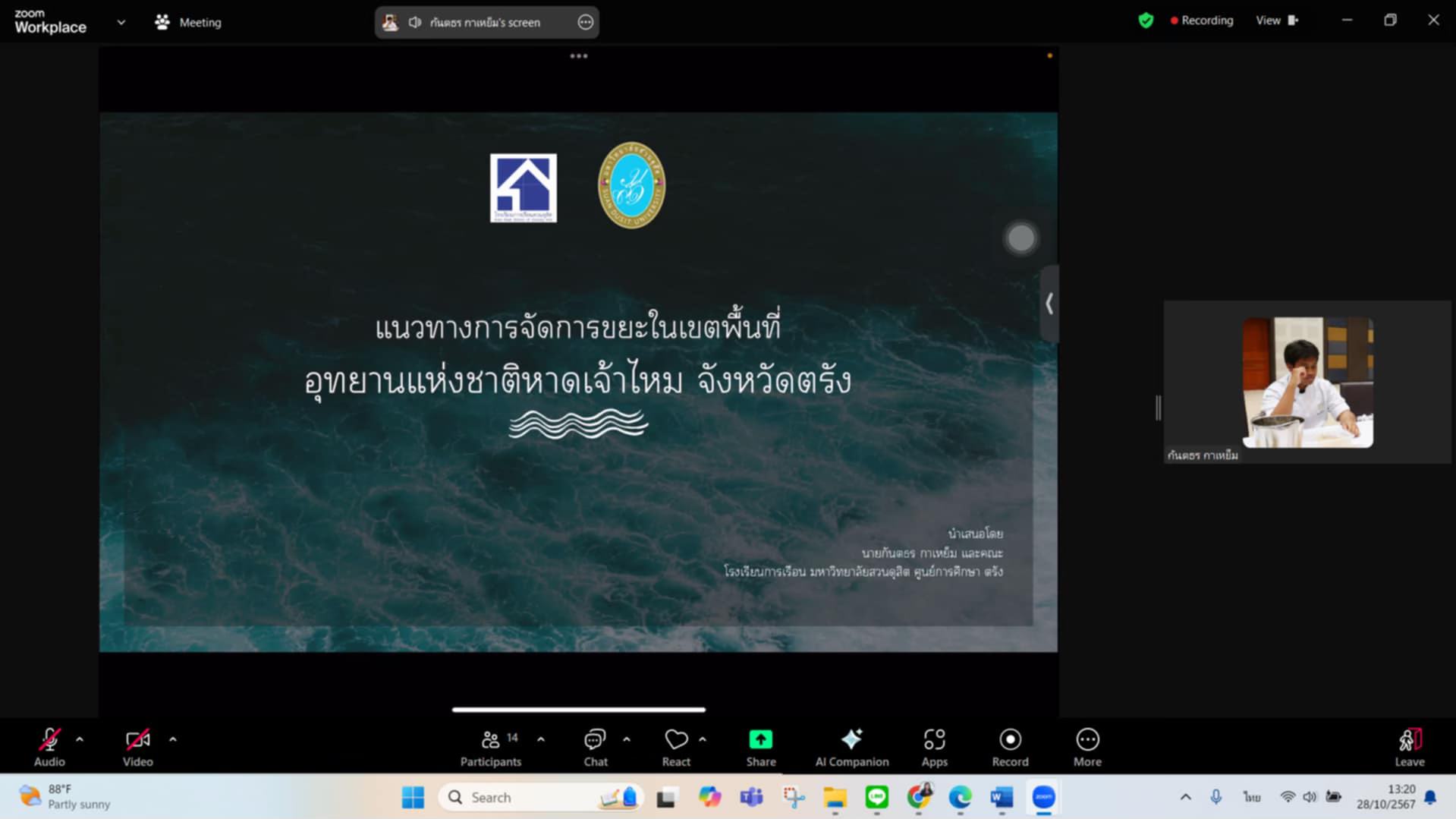
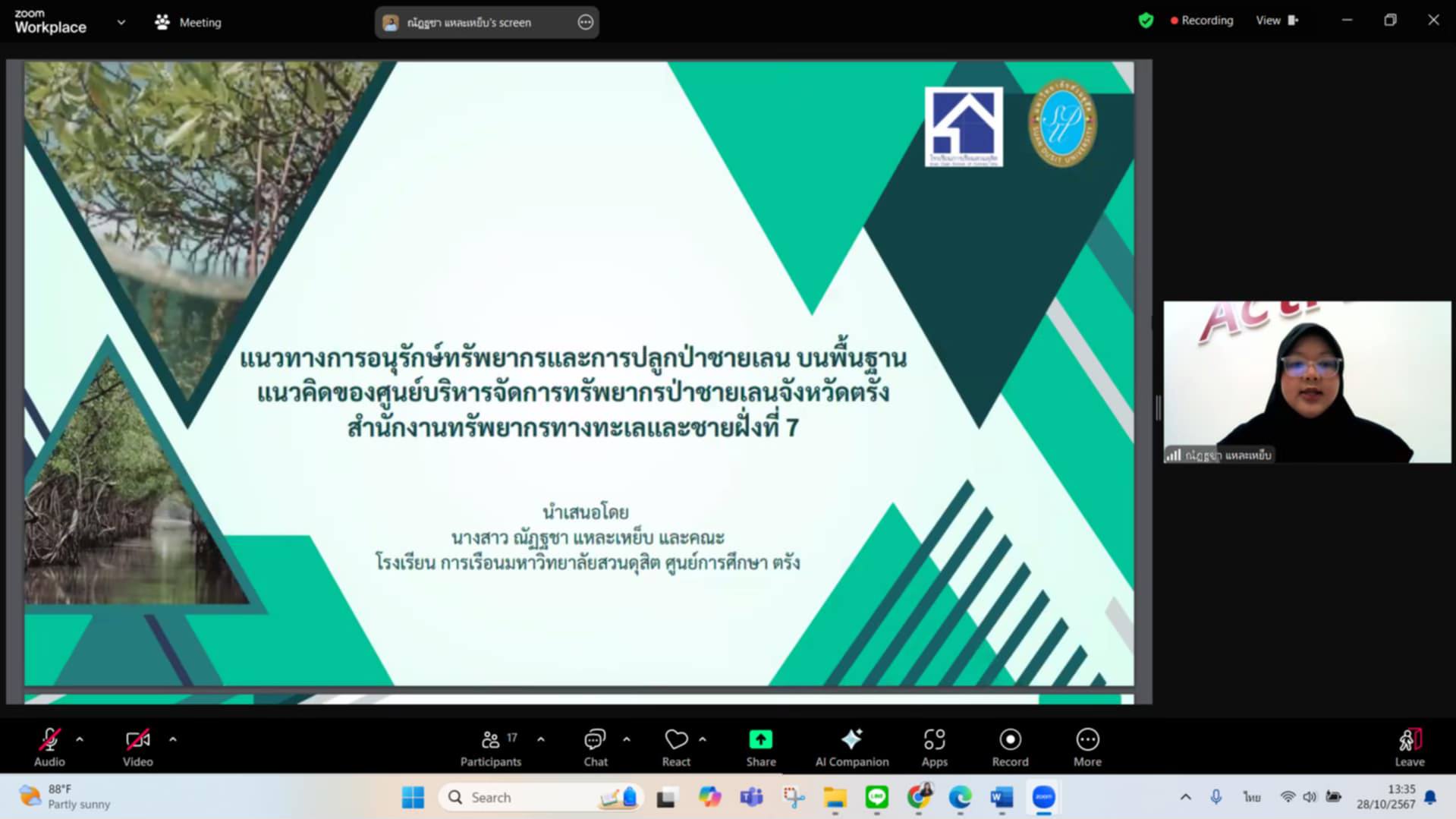
These studies were developed as part of the course “Civic Education in the 21st Century”, which encourages students to apply academic knowledge to real-world sustainability challenges. The research involved fieldwork at Hat Chao Mai National Park and the Department of Marine and Coastal Resources, Region 7, where students examined local initiatives on marine debris management, waste reduction, and mangrove ecosystem restoration. By engaging directly with professionals, park officers, and conservation experts, the students gained hands-on experience in environmental research and coastal ecosystem restoration, contributing to the preservation of one of southern Thailand’s most ecologically diverse regions.
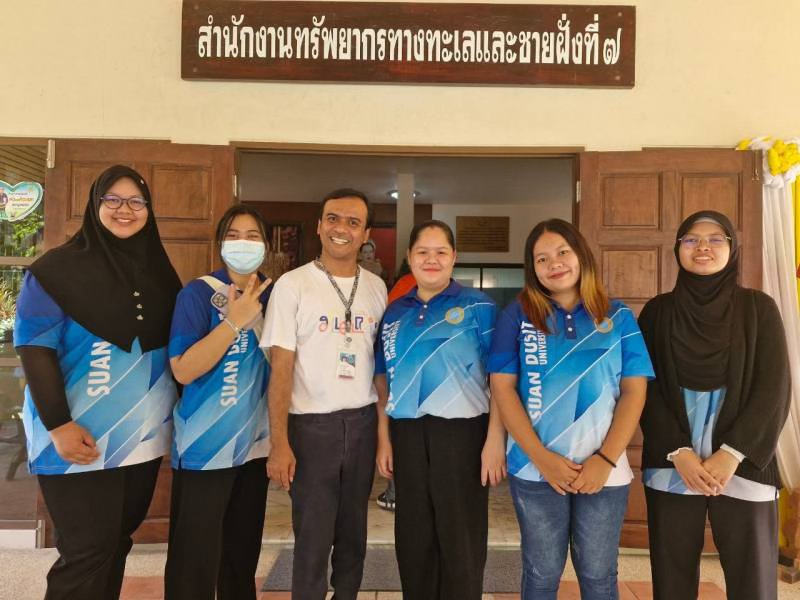
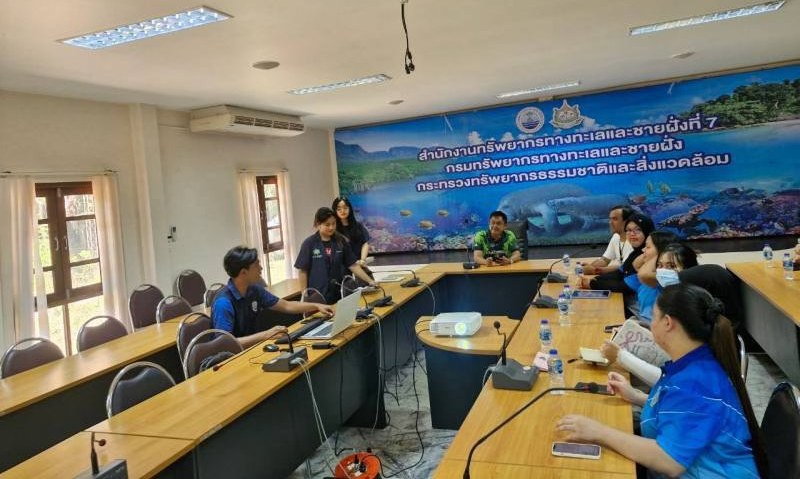
Outcomes and Impacts:
- Environmental Impact: The studies provided empirical data on coastal waste management and mangrove rehabilitation, supporting evidence-based policy and community actions for ecosystem restoration and marine biodiversity protection.
- Educational Impact: Students developed skills in research methodology, systems thinking, and environmental problem-solving, enhancing their understanding of the interdependence between human activity and natural ecosystems.
- Community and Institutional Engagement: The collaboration with the Department of Marine and Coastal Resources and Hat Chao Mai National Park exemplified SDU’s direct work with governmental agencies and local communities to maintain and extend biodiversity within threatened ecosystems.
Through this initiative, Suan Dusit University demonstrates how higher education can play a pivotal role in maintaining ecosystems and their biodiversity by integrating research, education, and community engagement. The project serves as direct evidence of SDU’s contribution to SDG 14.3.3, illustrating how student-led research and academic partnerships can actively promote the conservation and sustainable utilisation of coastal and marine ecosystems — aligning education with action for long-term sustainable development in Thailand’s coastal regions
